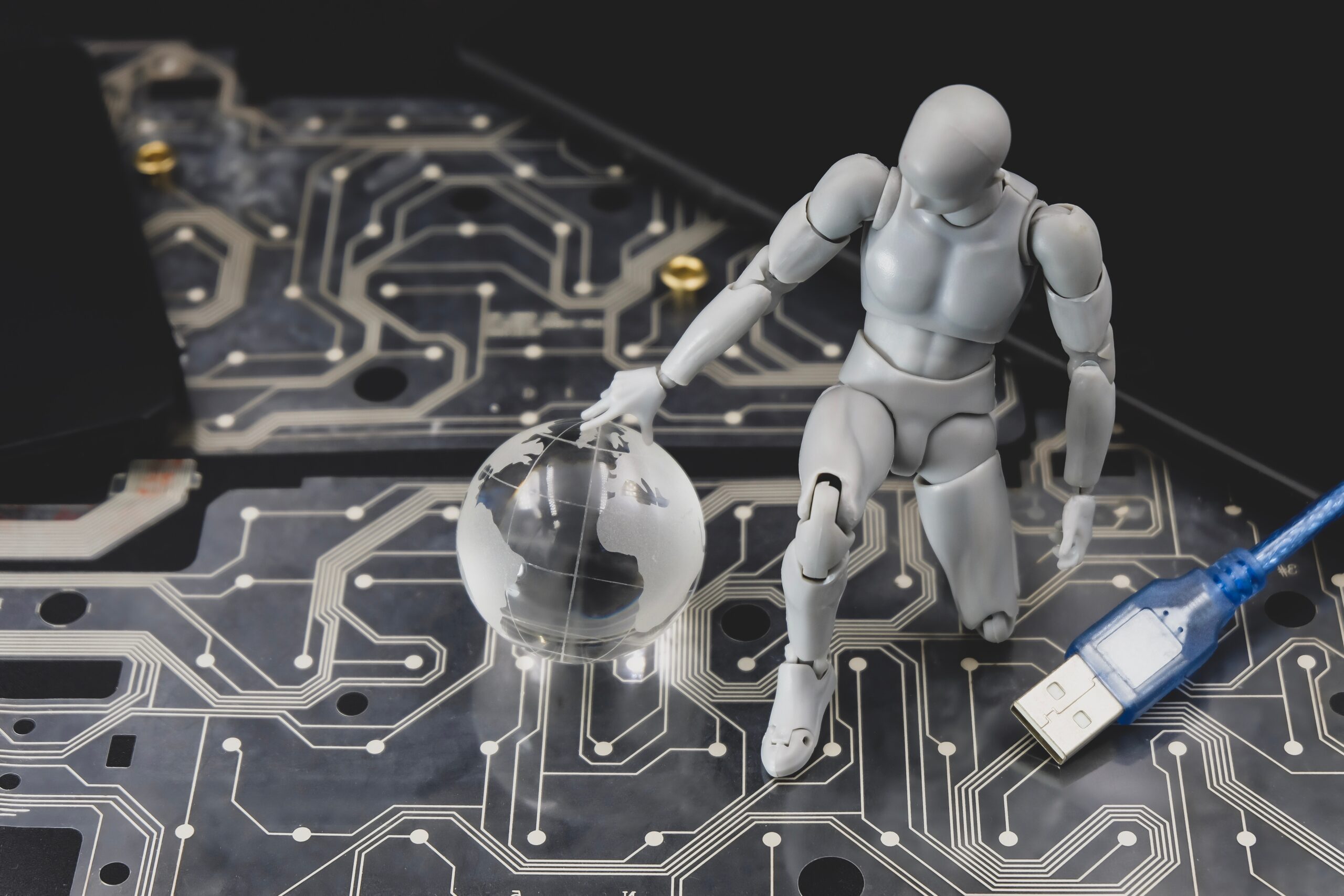
Manufacturing of the future: Machine Learning at Work

FoxERP
The industries are undergoing transition, businesses are transforming digitally, and companies are leveraging on the benefits of digital transformation, which not only leads to increased productivity and efficiency but also results in a paradigm shift that allows businesses to shift to all-new digitized ways of carting out business processes.
Call it the repercussions of the COVID-19 pandemic or the opportunities that came along with it. Still, nothing denies the fact that digitization of business processes has created an all-new business environment in Industry 4.0.
Emerging technologies such as IoT, RPA, AI, and ML have been transforming the face of manufacturing with the rising advent of digital transformation.
At times, AI and ML are used interchangeably, as ML is a subset of AI and varies from each other.
Simply put, AI refers to a technology that utilizes a broader concept of using computers and machines to simulate human thinking. In contrast, machine learning is the application of AI that enables computers and machines to learn without being explicitly programmed by humans and deliver automated services.
Research, too, suggests that AI and ML play a vital role in transforming the manufacturing industry in unimaginable ways.
According to recently conducted research, as many as 50% of companies that embrace the applications of AI and ML over the next five years have the potential to double their revenues and cash flow due to their heavy reliance on data.
The below-discussed pointers talk about the significance ML holds for manufacturing industries and how it is changing the face of manufacturing.
1.Leveraging the Predictive Maintenance
Machine learning lets organizations drive predictive maintenance by predicting equipment failures before they even occur, scheduling timely maintenance, and reducing unnecessary downtime, thereby providing resilience to machines, equipment, and the manufacturing industry overall.
Manufacturers usually spend too much time fixing breakdowns and allocating resources for planned maintenance.
Machine learning algorithms help them predict equipment failure with an accuracy of 92%, allowing businesses to plan their maintenance schedules more effectively, and improving asset reliability and product quality by delivering overall equipment.
2.Logistics and Inventory Management
The manufacturing industry deals with logistics and inventory massively and requires extensive logistics capabilities to run the production process efficiently.
Machine learning-based solutions help organizations automate several logistics-related tasks, boost efficiencies, and reduce costs for manual, time-consuming tasks such as logistics and production-related paperwork, thereby providing companies with digital solutions.
3.Focus on Cybersecurity
Machine learning solutions utilize networks, data, and technology platforms and function effectively, and play a significant role by regulating access to valuable digital platforms and information.
Machine learning streamlines individual users and accesses sensitive data, which help companies protect their digital assets by detecting anomalies quickly and instantly, triggering corrective action.
Moreover, Machine Learning and AI add value across the entire value chain of manufacturing by delivering automated, streamlined, and resilient manufacturing processes, which hold massive potential not only in today’s time but in the future as well.
Conclusion
Like any other emerging technology, AI and ML transform manufacturing processes by delivering hassle-free automation to the entire manufacturing value chain.ML not only eases the supply chain but also helps organizations automate their logistics processes in digitally driven ways.
Recent Posts

FoxERP
Unleashing the Power of ERP Cloud Migration: Benefits, Challenges, and Options
In the contemporary business landscape, Enterprise Resource Planning (ERP) systems play a pivotal role in driving operational efficiency and facilitating strategic decision-making. With the rapid evolution of cloud technology, organizations are increasingly exploring the option of migrating their ERP systems to the cloud to unlock a plethora of benefits and drive digital transformation.

FoxERP
The ERP Revolution: Navigating Enterprise ERP System Challenges
Enterprise Resource Planning solutions can be a lifesaver for businesses. It enables you to automate all your day-to-day business processes in a centralized and streamlined platform. Today, most business organizations implement ERP solutions like FOX ERP to improve business operations, boost data security and data quality, automate workflows, and enhance customer service.

FoxERP
Unlocking Organizational Success by Embracing the Strategic Roadmap to ERP Implementation
Do you know? The global ERP software market is expected to reach a staggering $78.40 bn by 2026, growing at a CAGR of 10.2%. The global ERP software market is estimated to take over 40% of the market share by 2025.



